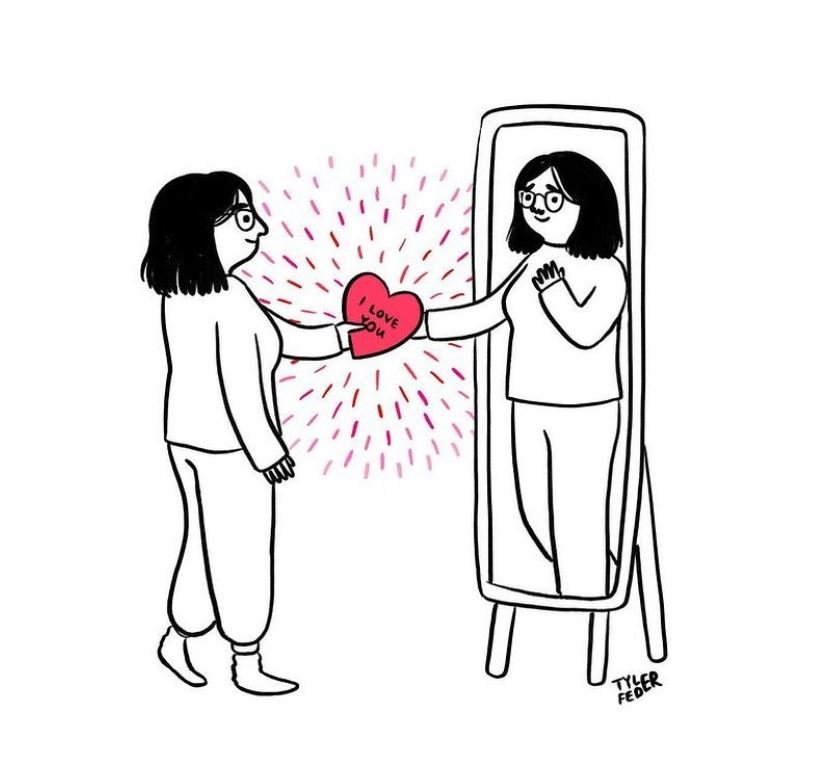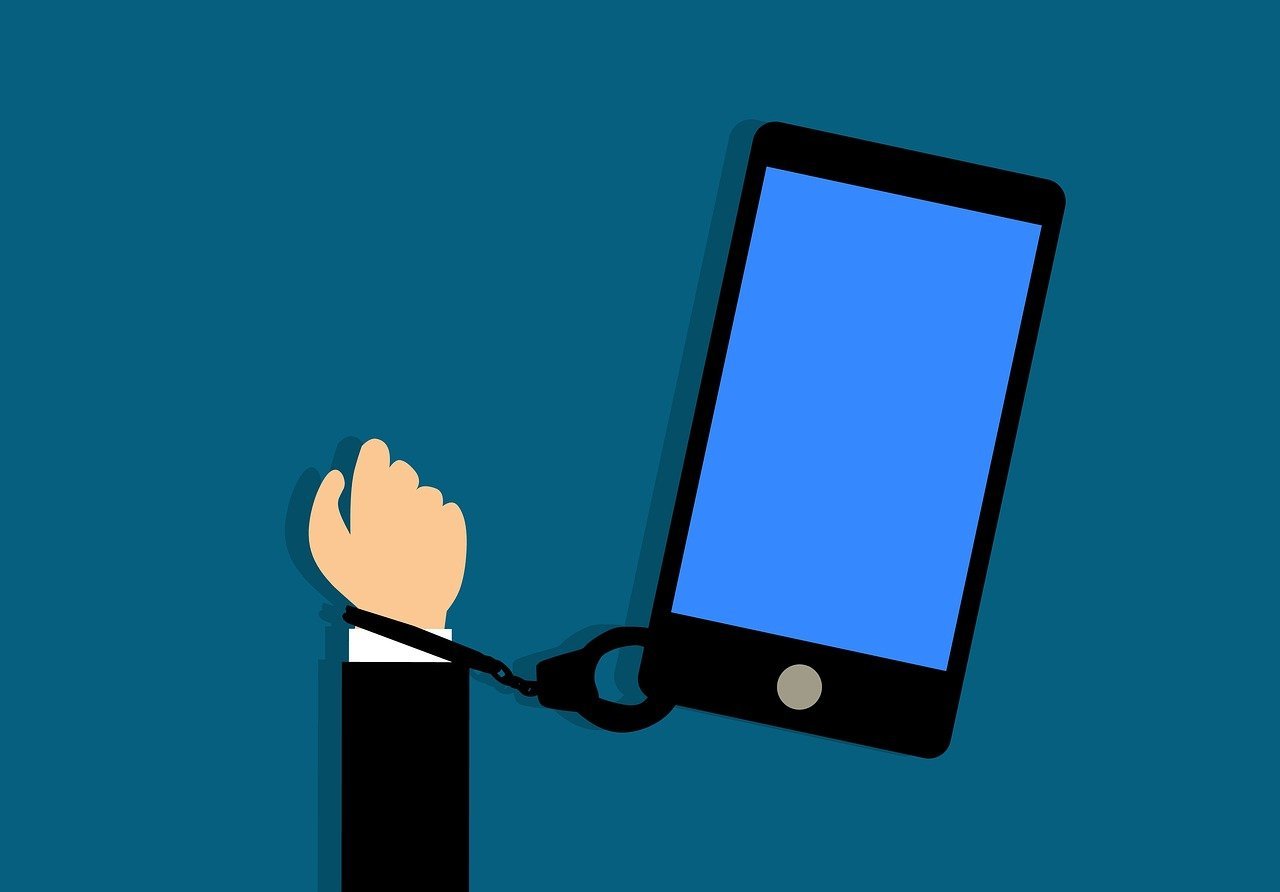
Blog
Anticipatory Anxiety
Anticipatory anxiety refers to the anxiety you experience when you fear something negative is going to happen. It is anxiety about the future, about what could happen, not what is currently happening.
What is Contamination OCD?
Contamination OCD is a type of obsessive-compulsive disorder (OCD) that causes individuals to obsess over the idea of being contaminated, contracting an illness, or the spread of germs.
Cultivating Unconditional Self-Acceptance
Unconditional self-acceptance and worth are distinct from our abilities, accomplishments, or appearance. Self-acceptance is a practice that includes reframing negative thoughts and practicing personal values. It's a skill you can practice and strengthen over time.
What is Gaslighting and How to Respond to it?
According to Dr. Elisabeth Kubler-Ross, everyone experiences five stages of grief. Understanding these stages may shine some light on emotions you may be experiencing after a loss.
Stop Trying To Keep Up With The Joneses
It is natural to compare ourselves to others and to get caught in a mental comparison loop, and yet this seldom is beneficial. You may have heard the expression, “Comparison is the thief of joy.”
What is the Link Between OCD and Addiction?
There are several possible reasons for the link between OCD and addiction, such as a desire to decrease symptoms or the fact that both share similar risk factors.
How Does Mental Health Affect Physical Health
Mental health is comprised of emotional, psychological, and social well-being. It forms part of your overall mood, how you think, feel, and behave. Research demonstrates a strong relationship between mental and physical health, both of which are important components of our overall health.
Are New Year’s Resolutions Helpful?
Hello, 2024. It’s that time of the year again. The start of the new year is a natural time to think about your current behaviors, what you may want to do differently, and your goals for the upcoming year. It is a common practice to create New Year’s resolutions, yet are they actually helpful?
Decrease Reactivity: Pause and Tune Into Internal Experience
Emotional reactivity refers to the frequency and intensity of emotional arousal. It includes the threshold and ease with which someone becomes emotionally aroused and the intensity of emotional experiences. For example, someone who becomes irritable very quickly and easily and experiences high irritability may be emotionally reactive.
Helping Your Socially Anxious Child with Back to School
Back to school can bring up anxiety for kids. For children and teens with social anxiety, back to school can be particularly challenging. Social anxiety disorder in kids is characterized by fear of social situations with peers in which they may be judged negatively and in which their peers may notice their anxiety leading to rejection, embarrassment or other negative outcomes.
What is Social Anxiety Disorder
Being judged, negatively evaluated, or rejected by others can be unpleasant and hurtful. People with social anxiety disorder experience difficulties in relationship and daily functioning due anxiety that they will be rejected by others.
CBT for Health Anxiety
Health anxiety is anxiety about being seriously ill and may manifest as spending a lot of time looking up medical symptoms on the internet or thinking you have a serious illness, such as cancer, at the first sign of minor physical symptoms such as a scratchy throat or cough. CBT and ACT can help with health anxiety.
Treating Anxiety in Therapy
Anxiety is a feeling of worry, nervousness, or unease. Often, we worry about situations that feel threatening and/or have uncertain outcomes. Evidence-based anxiety management techniques involve changing how we relate to anxious thinking, practicing not avoiding anxiety-provoking situations, and practicing exercises to decrease physical symptoms of anxiety.
What is Task Paralysis?
Have you ever felt helpless in the face of your to-do list and baffled about where to begin or how to tackle it? Task paralysis may cause us to feel overwhelmed, freeze, and do nothing. Here are four ways you can calm yourself in the face of overwhelm, and tackle that to-do list clear-headedly.
Anxiety and New Year’s Resolutions: Setting Helpful Goals That Don’t Exacerbate Anxiety
New Year’s resolutions can create stress and increase anxiety. Cognitive Behavior Therapy (CBT), including Acceptance and Commitment Therapy (ACT), can help you create realistic, values-based, and less anxiety-provoking goals.
Mindfulness Meditation for Anxiety
Mindfulness meditation the practice of noticing thoughts, feelings, sensations and urges but not reacting to these experiences. Mindfulness is part of Cognitive Behavior Therapy for anxiety, depression and many other conditions.
CBT for Sports Performance Anxiety
CBT and related skills (such as mindfulness) have been found to enhance athletic performance and reduce performance anxiety. CBT skills can also be helpful when returning to training and competing after an injury, when it is common to experience anxiety.
Anxiety! And How CBT Can Help
Anxiety disorders are the number one issue treated at CBTDenver and all of our therapists are experts in anxiety disorders. Cognitive Behavior Therapy (CBT) for anxiety involves strategies for the physical, cognitive and emotional aspects of anxiety.
CBT for Social Anxiety
We all have an inner critic inside of us. It (not so helpfully) provides a running commentary of our lives, honing in on any flaws and spinning “what if” scenarios. In the case of social anxiety disorder (SAD), that voice becomes especially loud and convincing before, during, and after social situations. We are told in no uncertain terms that others are judging us.
Re-Entry Anxiety!
As more people get vaccinated, offices re-open, restaurants increase capacity and people start to gather again, there can be mixed feelings. While some may be overjoyed at the opportunities to connect, others may feel anxious at the prospect of getting together face-to-face again.




















